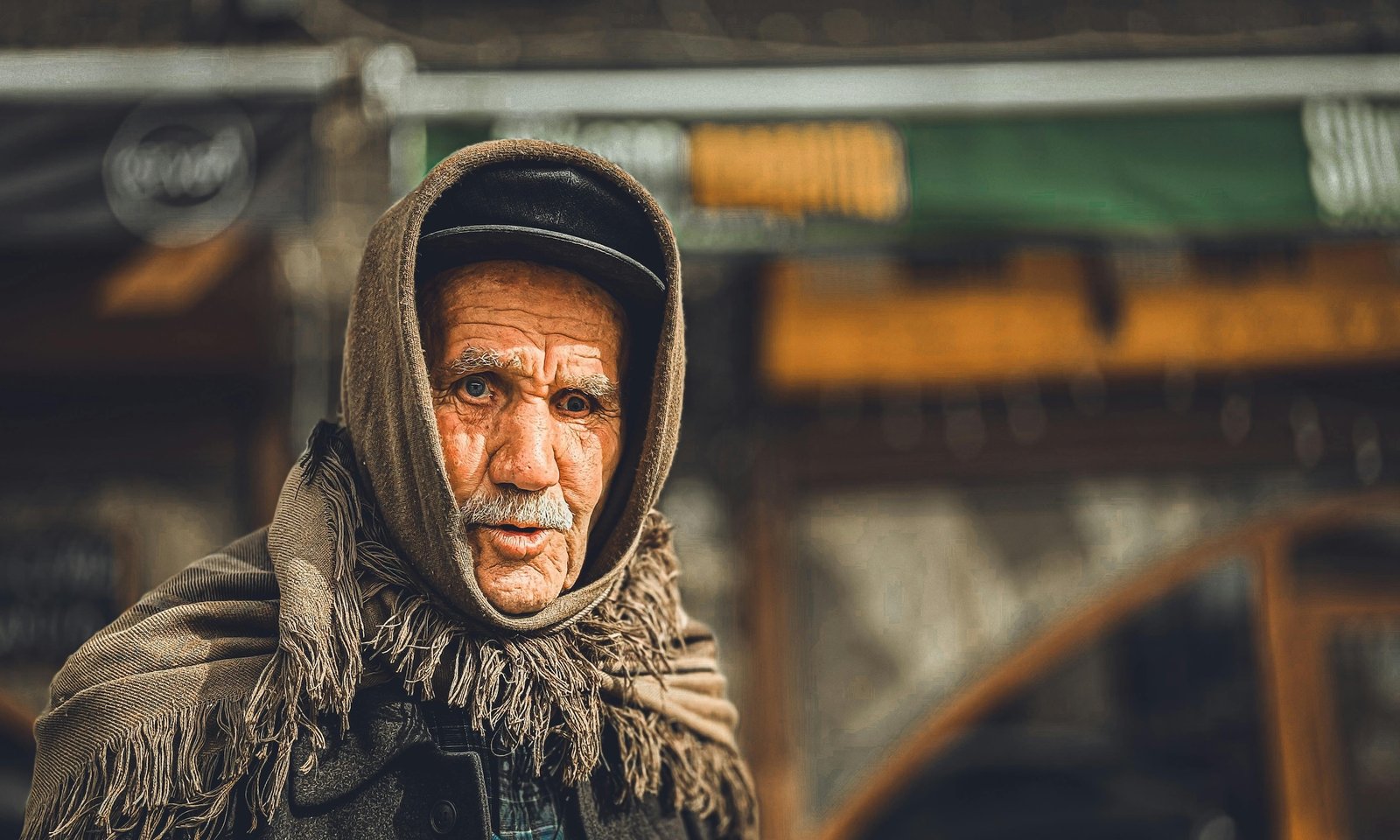Caring for the Elderly in the Winter: Essential Tips for a Safe and Comfortable Season
As winter settles in, caring for elderly loved ones becomes even more critical. The colder months bring unique challenges that can affect their health, mobility, and overall well-being. To ensure they remain safe and comfortable, families and caregivers must take extra precautions.
The Importance of Winter Safety for Seniors
With age, the body’s ability to regulate temperature diminishes, increasing the risk of hypothermia and other cold-related conditions. Additionally, icy walkways, shorter daylight hours, and seasonal illnesses pose further risks. To mitigate these dangers, proactive measures should be taken.
Ensuring Warmth and Comfort Indoors
Proper Heating
Maintaining a warm indoor environment is crucial. The thermostat should be set to a comfortable level, ideally between 68-74°F. Drafty areas must be sealed, and space heaters should be used cautiously to prevent fire hazards.
Layering and Bedding
Dressing in layers helps in retaining body heat. Thermal undergarments, woolen sweaters, and fleece-lined clothing are ideal choices. In bed, flannel sheets, electric blankets, and additional comforters can provide extra warmth during the night.
Safe Heating Practices
Regular maintenance of heating systems is necessary. Carbon monoxide detectors should be installed, as gas leaks or improper ventilation can be life-threatening. Fireplaces and space heaters should never be left unattended.
Preventing Falls and Injuries
Clearing Walkways
Snow and ice create hazardous conditions for seniors. To prevent slips and falls, driveways, sidewalks, and entryways should be cleared of snow and treated with salt or sand. Caregivers should ensure that appropriate footwear with non-slip soles is worn.
Adequate Lighting
Shorter winter days mean reduced visibility. Motion-sensor lights and well-lit pathways can prevent accidents. Inside the home, nightlights should be installed in hallways and bathrooms to guide movement in the dark.
Mobility Aids
For those with mobility challenges, canes, walkers, or wheelchairs should be properly adjusted and used with caution on icy surfaces. A caregiver’s assistance may be necessary when venturing outdoors.
Staying Healthy During the Winter Months
Flu and Cold Prevention
Seniors are more vulnerable to respiratory illnesses during the winter. Annual flu vaccines and COVID-19 boosters are highly recommended. Good hygiene practices, such as frequent handwashing and disinfecting commonly touched surfaces, should also be followed.
Nutritious Diet
Eating a well-balanced diet helps in maintaining body warmth and strengthening immunity. Warm soups, herbal teas, and vitamin-rich foods, including citrus fruits and leafy greens, should be incorporated into daily meals. Staying hydrated is equally important, even when thirst is less noticeable in colder weather.
Regular Exercise
Physical activity should not be neglected during the winter. Light indoor exercises such as stretching, chair yoga, or walking inside the house help in maintaining circulation and muscle strength. If weather conditions permit, short outdoor walks can be beneficial but should be done cautiously.
Mental and Emotional Well-Being
Preventing Seasonal Depression
The winter season can lead to increased feelings of loneliness and isolation, especially for seniors living alone. Engaging in social activities, whether in-person or virtually, can help combat seasonal depression. Regular phone calls, video chats, and community programs should be encouraged.
Engaging in Indoor Activities
Hobbies such as reading, knitting, puzzles, or listening to music can keep the mind engaged and reduce boredom. Watching movies, playing board games with family members, or participating in online classes can also add joy to the season.
Seeking Support
Professional caregivers or home care services can offer companionship and assistance with daily tasks. A structured routine that includes interaction and purposeful activities can greatly enhance an elderly person’s emotional well-being.
Transportation and Winter Travel Safety
Safe Driving Practices
For seniors who drive, ensuring that vehicles are winter-ready is essential. Tires should be checked, windshield wipers replaced, and an emergency kit including blankets, water, and a flashlight should be kept in the car.
Alternative Transportation Options
For those unable to drive, caregivers can arrange transportation for medical appointments or grocery shopping. Many communities offer senior transport services, which should be utilized when necessary.
Home Care Services: A Reliable Support System
Families often seek professional assistance to ensure their elderly loved ones receive proper care during the winter months. Home care services provide personalized support, including help with mobility, meal preparation, medication reminders, and companionship. Good Hands Home Care LLC is dedicated to offering compassionate and professional care to seniors in Indiana. Our caregivers are trained to address winter-specific challenges and ensure that seniors remain safe, warm, and healthy.
Conclusion
Caring for the elderly in winter requires vigilance and thoughtful planning. By taking preventative measures and ensuring a warm, safe, and engaging environment, families can protect their loved ones from seasonal hazards. Whether through family involvement or professional home care services, providing the right support makes a significant difference in the well-being of seniors during the colder months.
Contact Us
Get in touch today to schedule your consultation and learn more about how our services can improve your quality of life.
Phone: +1 317-645-8334
Email: info@elroicarehomellc.com
Website: https://elroicarehomellc.com/

